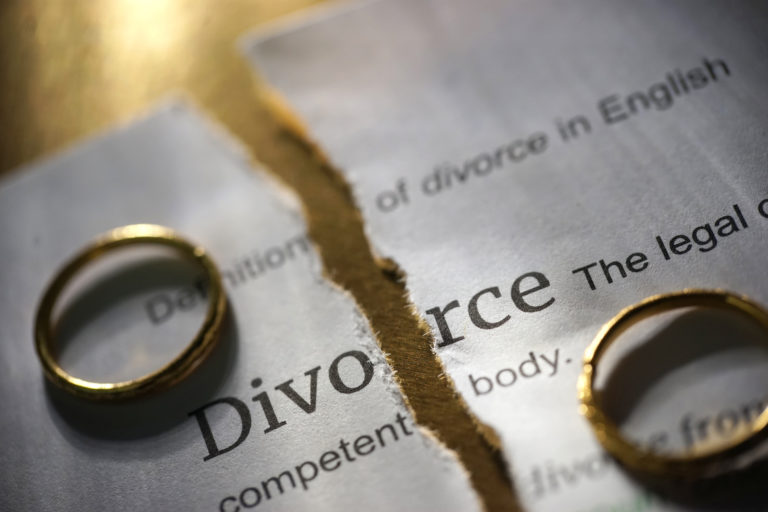
When a couple with children makes the decision to divorce, it impacts not only themselves but also their kids. Determining the new custody arrangement for children can often prove complicated, especially when the divorce itself becomes contentious. In a custody case, parents may wish for their children to testify and provide important information about their parents’ relationship, any abuse, and any other information that may prove helpful.
Children May Only Testify on Facts Related to Custody
Generally speaking, the judge will not let children under the age of 18 serve as fact witnesses to detail the marriage and its breakdown. However, children are often permitted to testify as to any facts that relate to custody.
Virginia does not have a set age at which the child’s opinion can control the outcome of the case. Regardless of custody and visitation, there are other factors (10, in fact,) that the court must take into account when making its decision. The court will also look at the reasonable preference of the child, so long as the court deems the child to be of reasonable:
- Understanding;
- Intelligence;
- Age; and
- Experience.
Interviewing Child Witnesses “In Camera”
A judge may choose to interview a child witness “in camera,” (outside the hearing of the parties to the case or their attorneys and usually in the judge’s chambers). If this decision is made, a judge must prepare a record of the interview, which will become a part of the court’s record of the case. However, if the judge decides that doing so would endanger the safety of the child, he or she may decide against it.
Judges will often interview children “in camera,” for the purpose of finding out the child’s true feelings without them feeling that they need to say anything in particular in the presence of their parents.
What is a Guardian Ad Litem?
Sometimes a guardian ad litem (“GAL”) is appointed to represent the child. This is an attorney who is responsible for looking out for the child’s best interest – and only the child’s best interest. He or she will provide a recommendation about whether an interview is appropriate or if there is another means of obtaining the same evidence.
The GAL will also make a recommendation at the end of the case as to who they believe would be in the best interest of the child to live with. The GAL’s opinion is weighed heavily.
Depositions are generally not held to be positive experiences for children. The decision as to whether or not you want your child to testify in court is a very serious decision. You must decide whether the importance of having your child testify outweighs the negativity that could be associated with the experience. It’s best to weigh all of the factors and to make this decision with the guidance of your lawyer.
Surovell Isaacs & Levy PLC Can Help Those in VA Who Are Going Through a Divorce
Going through a divorce can prove extremely upsetting. Making the decision as to whether you want your child to testify regarding their own custody should be taken very seriously. That’s where a knowledgeable and experienced Virginia family law attorney can help you. At Surovell Isaacs & Levy PLC, we will help you to fight for what it is that you and your loved ones deserve. To learn more or to schedule a consultation, contact us today!
Posted in: Divorce
